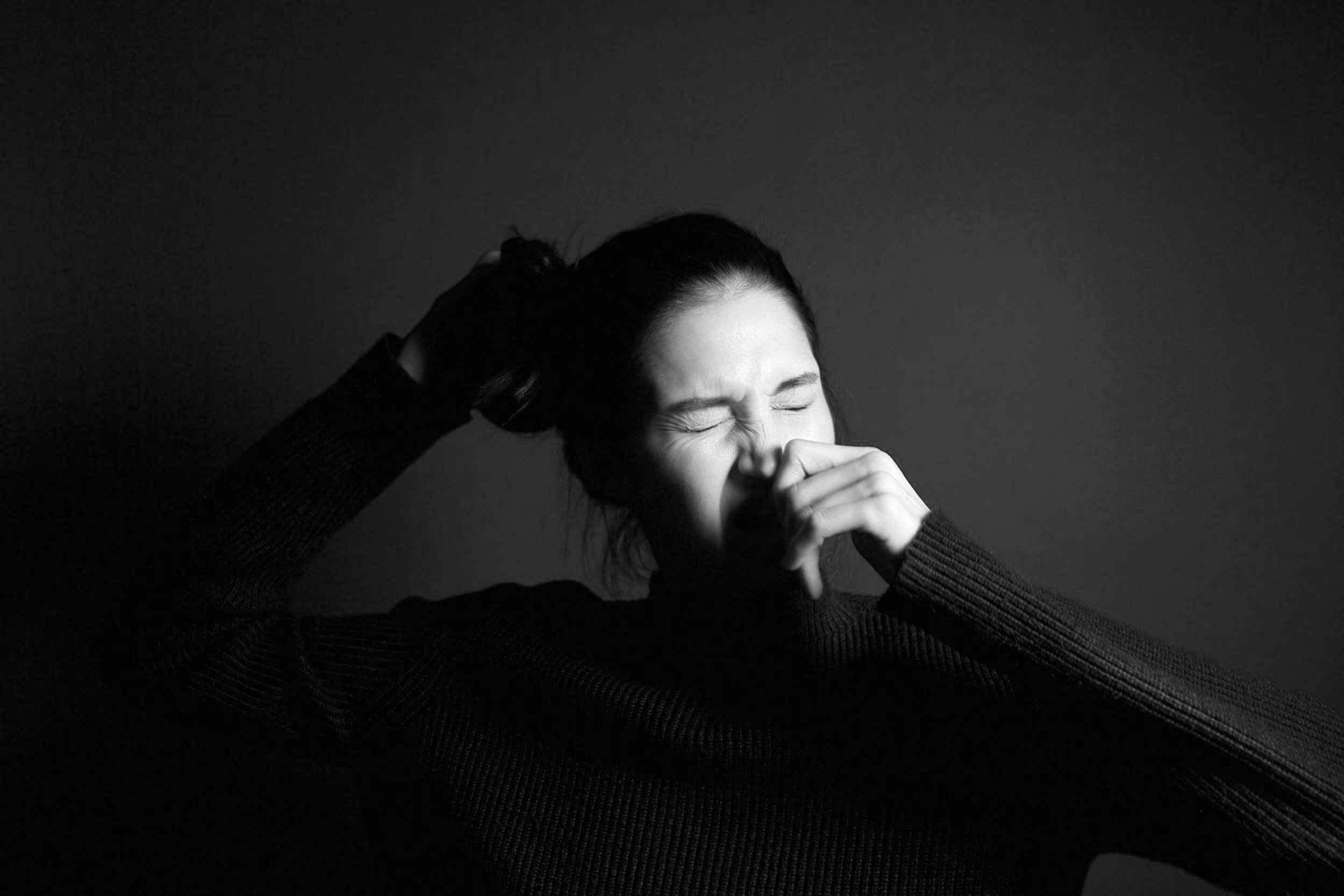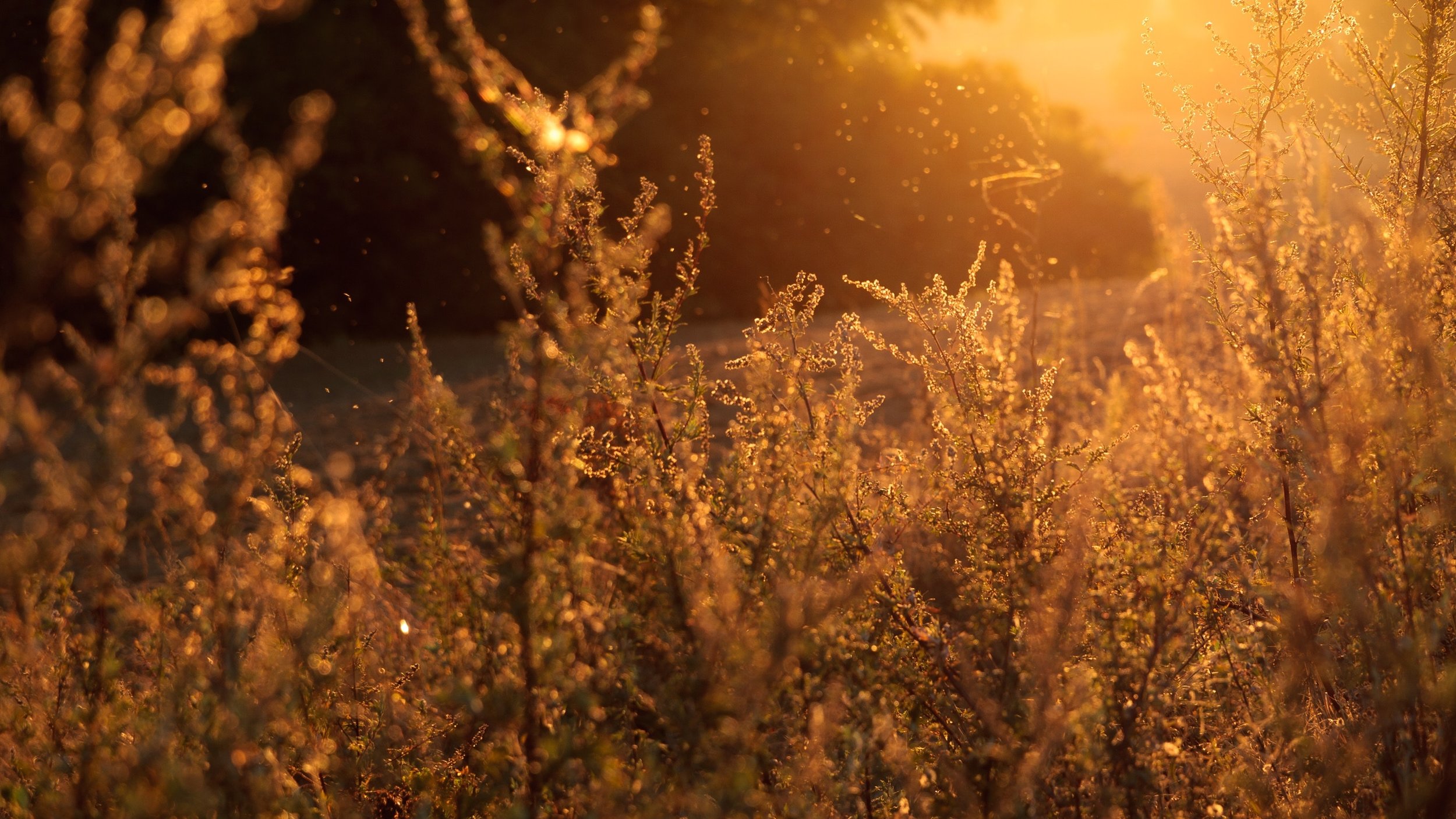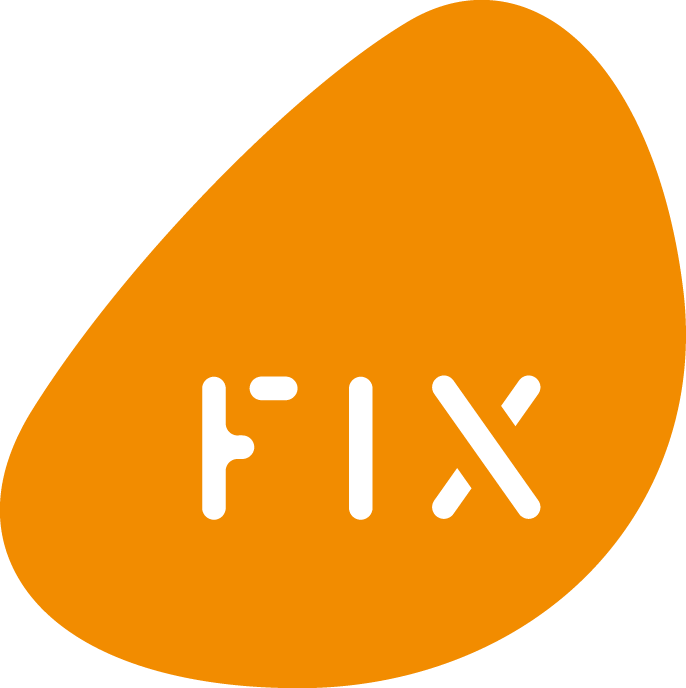CRISTINA BETTO, ACUPUNCTURIST AT FIX LONDON FIELDS, TALKS ABOUT THE WAYS TRADITIONAL CHINESE MEDICINE CAN HELP HAY FEVER SUFFERERS THIS SEASON
Have you had enough of the tablets and nasal sprays and you want something more natural as a treatment ?
Despite its name, hay fever is seldom caused by hay and this medical condition does not lead to an elevation in body temperature. The term “hay fever” was originated in England in the early 1800s when doctors noticed that some rural residents experienced sneezing, itchy eyes and coughing after being exposed to cut hay or grass.

Hay fever, also known as seasonal rhinitis, is an allergic reaction to pollen and therefore is common in spring and summer. Typical symptoms include itchy eyes, blocked or runny nose, sneezing, watery, red eyes, blocked sinuses and tiredness. However, while grass pollen is the most common (May to July), there are pollens specific to trees (February to June) and weeds (June to September) which can also cause the allergic reaction.
While this disease is not life-threatening, it is definitely life-altering and, if left uncontrolled, allergic rhinitis can seriously impair a person’s quality of life.
According to Allergy UK, allergic rhinitis is the most common form of non-infectious rhinitis affecting between 10% and 30% of all adults and as many as 40% of children (https://www.allergyuk.org/information-and-advice/statistics).
Most suffers rely on anti-histamines and intranasal steroid sprays to manage its symptoms. But in the long term hay fever can lead to more complicated health conditions such as nasal polyps, chronic sinusitis, and significantly increases the probability to develop asthma (https://www.asthma.org.uk/advice/triggers/pollen/)

In looking at alternative remedies, studies suggest that acupuncture can help with symptoms of hay fever (https://www.ncbi.nlm.nih.gov/pubmed/23420231).
From a Chinese Medicine perspective hay fever is seen as an inability to produce enough energy for a healthy immune response to wind and allergens. When the immune system is depleted through poor diet, worry, stress and lack of exercise, it cannot produce enough protective energy (wei qi) which is important to defend against outside wind and pollen. Without healthy wei qi, wind penetrates the body to produce hay fever symptoms such as sneezing, itchy eyes, coughing, running nose etc.
Acupuncture works to balance the body, helping it stay strong and resilient. By inserting fine needles just below the surface of the skin, a reaction is triggered to promote homeostasis. In addition to promoting a calmer nervous system, acupuncture points are chosen to address symptoms as they present, so, in peak allergy season we work on unblocking noses and clearing out lungs. Better yet, prior to allergy season we try to create a stronger healthier respiratory function so when the pollen count gets high, the body can handle it better.
With hay fever season just around the corner it is important to get in front of it and start making the changes now. Perhaps, instead of deciding which cocktail of medicines will be taken this year, a course of acupuncture should also be something to consider.
Fix has acupuncturists at both our London Fields and East Village clinics. Click here to book in with them.
